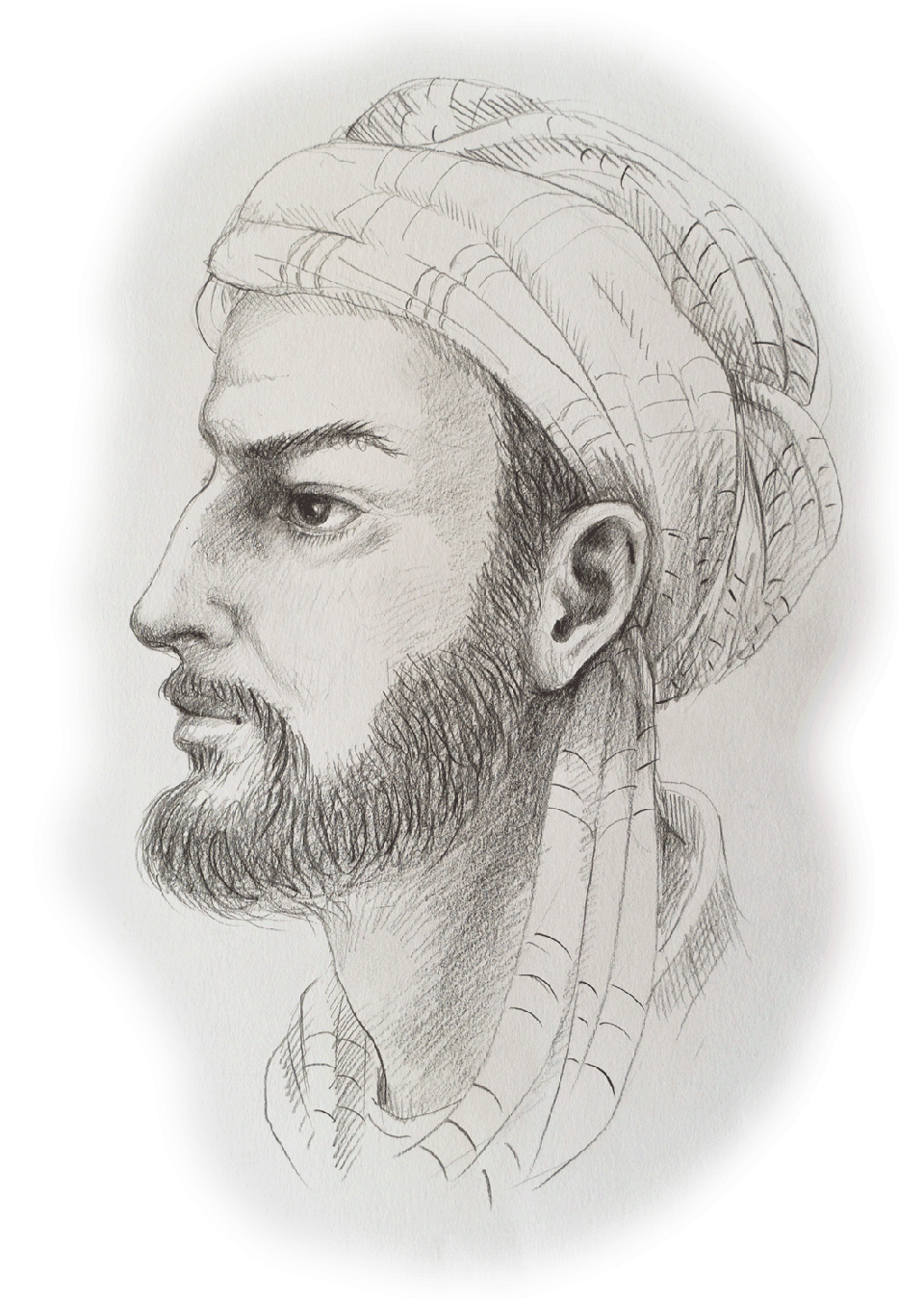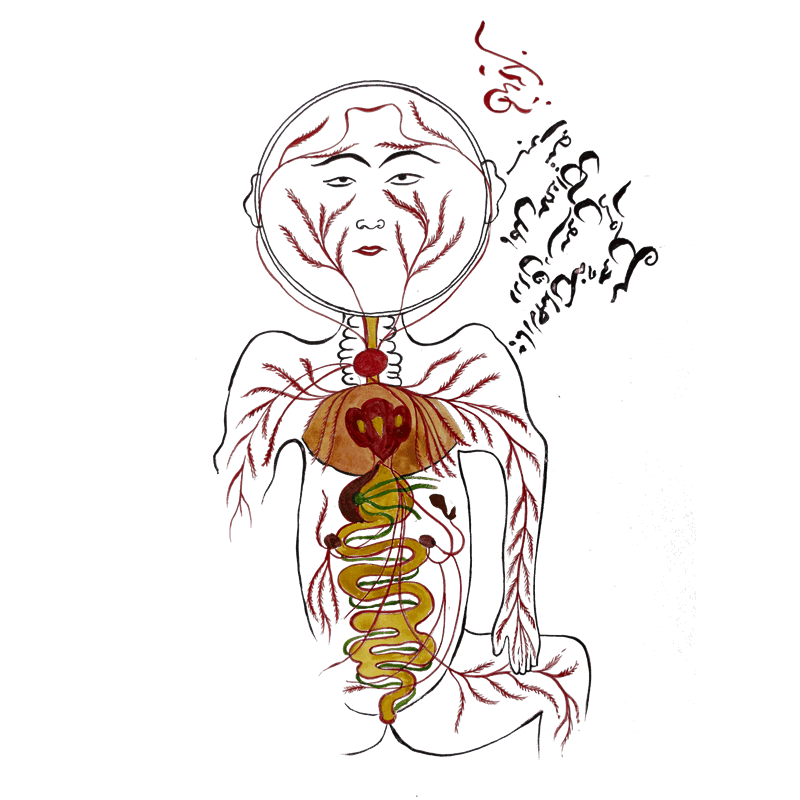July

July
Abu Ali
Ibn Sina
(Avicenna)
Life
Avicenna was born on the 22nd of August, 980 BC, into a wealthy family. Even as a child, he was distinguished by his above-average abilities, and by the age, of 10 he already knew the Koran and some philosophical treatises by heart. He began his studies in Buhara, and at the age of 16 he was also involved in the treatment of Sultan Bin Mansour. He remained at the sultan’s court for several years afterwards, while studying its library.
At the age of 22, following the death of his father, he left his hometown and spent the rest of his life wandering on various political and military missions. During the last fourteen years of his life he was the physician and office bearer to the Arab Emir. Before his death he left all his worldly goods to the poor.
Work

The study of medicine was a major part of Avicenna’s life, and he wrote a total of 450 books, most of them on the subject of medicine. His best-known medical writing was the “Canon” that comprised five books, containing the physiological and pathological concepts essential to scientific medicine at the time.
His observations showed that the human body can be in three states: ill, healthy or in between. He paid particular attention to the study of the unnatural, but also to the effects of weather and the seasons on people. In his medical writings, he emphasized health advice, prescribing diets, exercise and rest, and also drew attention to the influence of the psychological state on health.
In addition, he also wrote about the internal organs and their function, and paid particular attention to eye diseases. He also dealt with obstetrics, infant care, gynecology, surgery, burns, bone diseases, infections and antidotes. Not least, his descriptions of the mental health are also outstanding.
Avicenna’s “Canon” has been used as a medical textbook throughout the European Middle Ages and modern times, and he himself has been called the prince of physicians.
